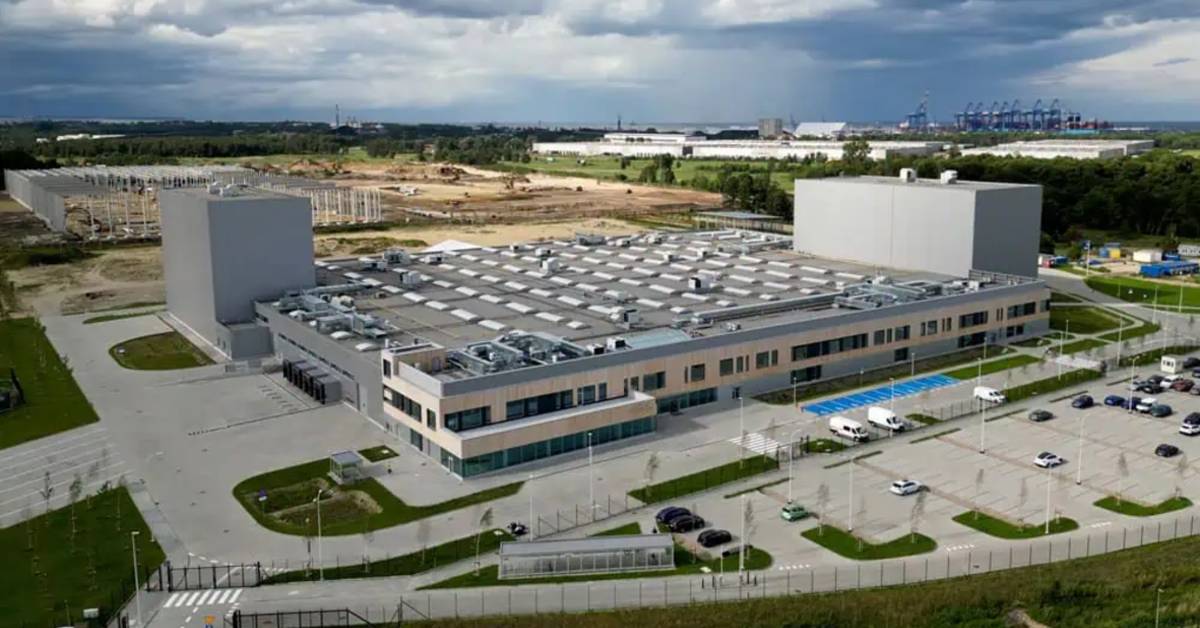UK-based digiLab, a company that specialises in AI development, is partnering with the King Abdullah University of Science and Technology (KAUST) to create a new AI digital twin platform.
Founded in 2009, King Abdullah University of Science and Technology (KAUST) is a graduate research university devoted to finding solutions for some of the most pressing scientific and technological challenges in the world, as well as Saudi Arabia in the areas of food and health, water, energy, environment and the digital domain.
This platform will support the KAUST Coral Restoration Initiative (KCRI), which is the largest coral restoration project in the world, located in the Kingdom of Saudi Arabia.
This initiative, part of the KAUST Coral Restoration Initiative (KCRI), uses AI from digiLab to improve coral monitoring and restoration in a 100-hectare area of the Red Sea.
By developing advanced AI solutions, digiLab is changing how coral restoration is done.
The AI integration is led by digiLab co-founder, Dr. Anhad Sandhu, with support from Dr Liz Goergen, Head of Monitoring Visualisations and Database Management at KCRI – this two-year programme will result in using AI to fast-track reef restoration and conservation, at scale, for the first time.
How does this AI tool benefit?
The AI solutions focus on improving coral resilience by addressing important factors like heat tolerance and growth.
They are essential for better understanding and enhancing coral’s ability to adapt to changing environmental conditions.
DigiLab is using these AI tools to improve environmental sensors across coral reefs.
These tools not only speed up coral assessments but also provide more accurate data on crucial factors like temperature and light, which are necessary for coral growth and survival.
The partnership between digiLab and KAUST aims to create a new standard for coral restoration efforts globally.
By using AI in this project, they are developing a model for conservation that can be applied worldwide to help protect and restore coral reefs facing environmental challenges.
Using advanced AI technology, scientists on the project can now closely simulate and predict the behaviour of the real-world reefscape in real-time.
The KCRI project is a global effort to restore coral reefs by using international expertise and innovative techniques for growing, planting, and monitoring corals.
This initiative aims to address the challenges faced by reef ecosystems due to environmental changes.
The project focuses on setting up a large-scale coral nursery system that helps in growing and reproducing corals. KAUST plans to plant two million corals around the reef by 2030, so the nurseries need to operate efficiently.
At full capacity, the sea-based nurseries will produce 100,000 corals each year, while the mainland-based nursery will produce 400,000 corals annually.
How will it be done?
digiLab will assist KAUST in three key areas throughout this project:
- Coral Measurement – digiLab is assisting KAUST with computer vision by developing an analysis pipeline to enable more efficient video monitoring. By collaborating with KAUST’s team, digiLab’s AI aims to reduce monitoring time of corals from 2 months to 2 weeks, enabling faster and more comprehensive tracking.
- Optimal Sensor Placement – digiLab’s innovative sensor placement system augments the data collection, using machine learning to assess optimal sensor placement. Enhancing efficiency and reducing costs by reducing the number of sensors and time needed for data collection, whilst maintaining accuracy in monitoring vital statistics, including temperature, dissolved oxygen, photosynthetic active radiation, wind and tide.
- chatReef – The full digital twin is projected to reach 22 petabytes (22m gigabytes) in size, making data-driven decision-making challenging. To provide an intelligent way of searching the data within the system and maximise the value of the data, digiLab is integrating its agentic LLM platform to interact with the vast unstructured and structured data within the digital twin.
Speaking about the project, digiLab Co-founder, Anhad Sandhu, says, “digiLab’s partnership with KAUST on the world’s largest coral restoration project marks a significant milestone in the application of AI technology to solve the world’s challenges. digiLab is supporting revolutionary methods for coral reef monitoring and restoration by developing these AI models for the reefscape’s digital twin. This collaboration not only showcases digiLab’s expertise in enabling AI models in complex systems, but also demonstrates the company’s commitment to addressing critical environmental challenges.”










01
From telecom veteran to Dutch Startup Visa success: The Jignesh Dave story